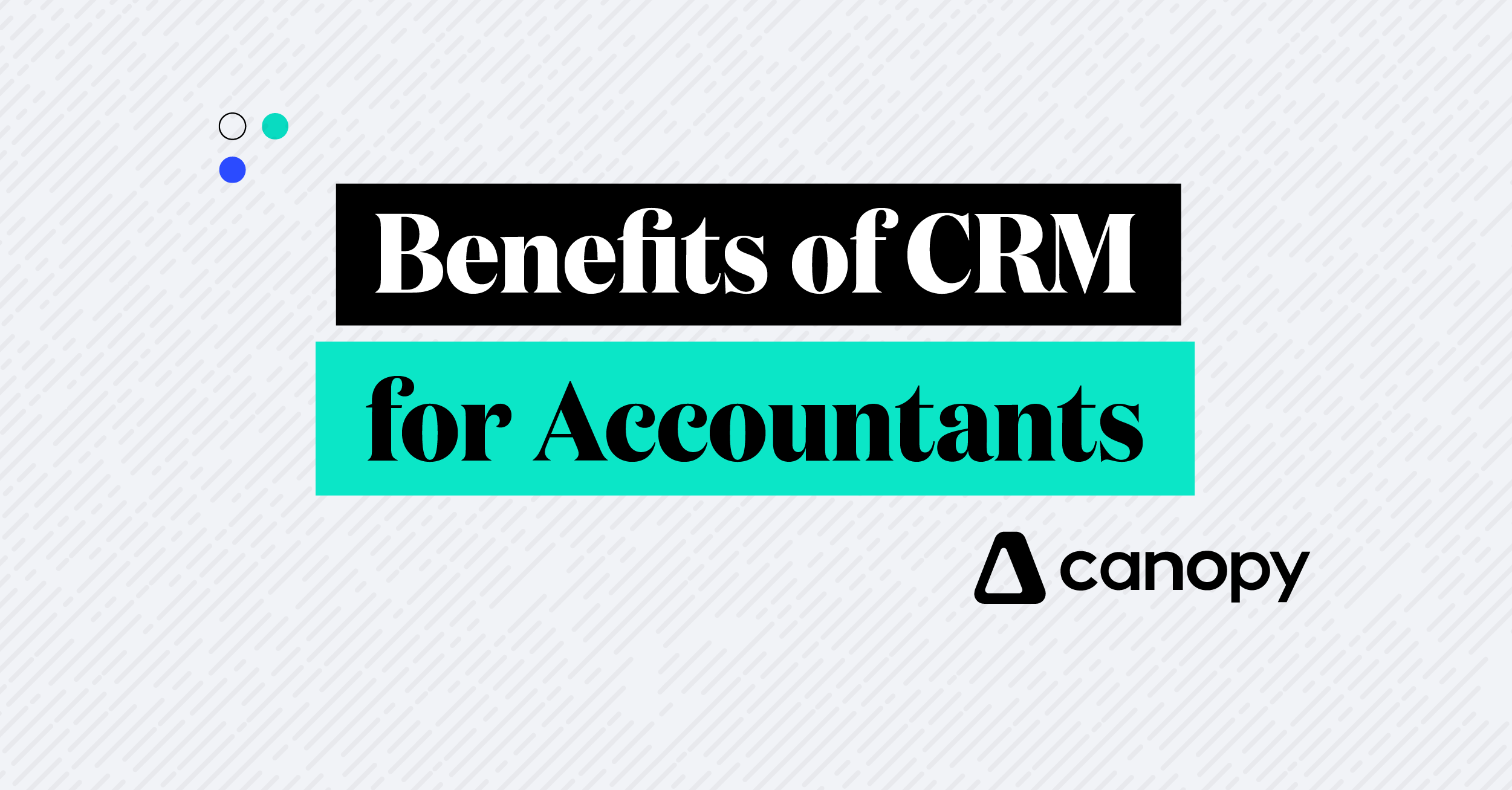In the ever-evolving world of finance, cryptocurrency has emerged as a revolutionary digital asset class. Powered by blockchain technology, a decentralized and transparent ledger system, cryptocurrency enables secure online transactions and offers unique opportunities for investment. With its potential to disrupt traditional financial systems, cryptocurrency has garnered significant attention from individuals and institutions alike. Its decentralized nature and cryptographic security provide users with increased control over their financial transactions, while also opening doors to new financial instruments and decentralized applications. As the cryptocurrency market continues to evolve, it is expected to shape the future of finance and redefine the way we engage with digital assets.
Understanding Cryptocurrency
Like traditional currency, cryptocurrency is a revolutionary medium of exchange in the digital age. It operates solely in the virtual realm, leveraging advanced cryptographic techniques to secure transactions and ensure transparency.
Popular Types of Cryptocurrencies
- Bitcoin (BTC): Launched in 2009, Bitcoin is the first and most valuable cryptocurrency. It was invented by an anonymous person or group of people using the pseudonym Satoshi Nakamoto. Bitcoin introduced the concept of blockchain and remains the most popular and widely used cryptocurrency.
- Ethereum (ETH): Developed in 2015, Ethereum is a decentralized, open-source blockchain featuring smart contract functionality. Ethereum's native cryptocurrency, Ether, is the second largest by market capitalization. Ethereum serves not only as a digital currency but also as a platform for building decentralized applications (dApps).
- Ripple (XRP): Ripple is both a digital payment protocol and a cryptocurrency. It was created in 2012 with the aim to enable fast, low-cost international money transfers. XRP is used in the Ripple network to facilitate transfers of money between different fiat currencies.
- Litecoin (LTC): Inspired by Bitcoin, Litecoin was created by Charlie Lee in 2011. It offers quicker transaction confirmation times and a different hashing algorithm. Litecoin is often considered the silver to Bitcoin’s gold.
- Cardano (ADA): Cardano is a blockchain platform for smart contracts, similar to Ethereum. The development of Cardano was begun in 2015 and was launched in 2017 by Ethereum co-founder Charles Hoskinson. Cardano's ADA token is one of the largest cryptocurrencies by market cap.
By offering decentralization, anonymity, and potential for high returns, cryptocurrencies have sparked a global movement towards a more inclusive and accessible financial ecosystem.
The exact number of accountants who deal with cryptocurrency transactions when filing taxes is difficult to determine. However, there is a growing demand for tax professionals with expertise in cryptocurrency taxation. As the popularity and complexity of cryptocurrencies like Bitcoin increase, individuals and businesses are seeking assistance from accountants who are knowledgeable about reporting virtual currency transactions.
Cryptocurrency and Accounting
Cryptocurrency transactions can complicate the accounting process due to their unique characteristics. The volatile nature of cryptocurrencies can introduce fluctuations in the balance sheet, requiring careful monitoring and analysis. Additionally, the anonymity of these transactions can pose challenges in terms of identifying the parties involved and ensuring compliance with regulatory requirements.
Given the evolving nature of digital currencies, accountants must stay abreast of the latest tax regulations specific to cryptocurrency, as they can vary widely between jurisdictions. This necessitates continuous learning and adaptation to ensure accurate and compliant financial reporting in the ever-changing landscape of digital assets.
Accountants looking to enhance their knowledge of cryptocurrency can utilize a variety of resources and strategies. First and foremost, joining professional communities and forums dedicated to cryptocurrency can provide valuable insights, discussions, and updates on the latest developments in the field. Websites, blogs, and webinars hosted by crypto experts can serve as rich sources of information.
Online courses and certifications on platforms such as Coursera, Udemy, or Khan Academy offer structured learning paths that cover the fundamental concepts of cryptocurrency, blockchain technology, and their implications on accounting and taxation. Reading research papers, attending seminars and industry events can provide in-depth understanding and keep accountants up-to-date with the latest trends and regulatory changes.
It's also beneficial to practice hands-on experience by creating digital wallets, executing small transactions, and tracking them for accounting purposes. This not only helps accountants get comfortable with the technology, but also provides practical knowledge on how cryptocurrency transactions work.
Additionally, accountants should consult with regulatory bodies and tax authorities for guidance and updates on cryptocurrency taxation rules. By doing so, they can ensure their practices are compliant and up-to-date with the latest laws.
Tax Implications
In many jurisdictions, cryptocurrency is widely recognized as an asset for tax purposes. As a result, every transaction involving cryptocurrency, whether it's purchasing goods, exchanging for another digital currency, or converting it to traditional currency, could potentially have significant tax implications.
Potential Tax Implications of Cryptocurrency for Accountants
Accountants need to be aware of several tax implications when working with cryptocurrency. Firstly, the Internal Revenue Service (IRS) classifies cryptocurrencies as property, not currency, for tax purposes. Therefore, capital gains rules apply, meaning accountants must report the cost basis of the cryptocurrency and the gain or loss realized upon sale or exchange.
Taxable events involving cryptocurrencies include selling cryptocurrency for fiat currency, trading one cryptocurrency for another, using cryptocurrency to purchase goods or services, and earning cryptocurrency as income. These transactions can result in capital gains or losses, which must be reported on your tax return.
In contrast, merely buying and holding cryptocurrency does not trigger a taxable event. Similarly, transferring cryptocurrency between wallets you own does not create a tax liability.
Another important aspect to consider is the tax implications of mining cryptocurrency. The IRS views mining profits as taxable income. Cryptocurrency received from mining should be reported as income, with the amount of income being the fair market value of the cryptocurrency at the time it was received.
Lastly, accountants should be aware of the potential tax consequences of cryptocurrency theft and loss. In some cases, these events may qualify for casualty loss deduction. However, recent changes in tax law have restricted the ability to claim casualty losses. Therefore, accountants should consult with a tax professional for guidance in these matters.
To ensure accurate reporting, it is of utmost importance to maintain meticulous records of all cryptocurrency transactions, including dates, amounts, counterparties, and any associated costs or gains. By diligently documenting these details, individuals can navigate the complex landscape of cryptocurrency taxation with confidence and ease.
Future of Cryptocurrency in Accounting
The future of accounting will be significantly impacted by the evolution of cryptocurrency. As digital currencies continue to gain acceptance and mainstream adoption, the role of accountants will evolve to accommodate these changes. Accountants will need to develop a deep understanding of blockchain technology, which is the foundation of cryptocurrency transactions. The immutable and transparent nature of blockchain can provide a more robust and secure system for recording transactions, potentially simplifying the auditing process and enhancing trust and transparency.
The use of smart contracts, particularly in Ethereum, could automate many accounting processes. These self-executing contracts with the terms of the agreement being directly written into code could reduce the need for intermediaries and streamline financial reporting, accounts payable, and receivable, effectively changing the traditional role of accountants.
Cryptocurrencies also bring new complexities in terms of valuation and volatility. Given the high volatility of cryptocurrencies, accountants will need to manage and account for significant price fluctuations. Additionally, tax regulations will likely continue to evolve as governments around the world work to build frameworks to regulate cryptocurrency transactions. This will require accountants to stay abreast of new laws and guidelines to ensure compliance.
The rise of cryptocurrencies mandates a shift from a traditional accounting mindset to one that is more adaptable and tech-savvy. As such, the future of accounting will likely be marked by a blend of traditional practices with an increased focus on technology and innovation as driven by the continued evolution of cryptocurrency.

Chris is a content manager for Canopy, joining the team with a combined eight years of experience as a copywriter, editor-in-chief, and content marketer. He's a skilled wordsmith and strategic thinker who shapes brand identity through compelling content and fosters a collaborative and innovative environment. With a passion for storytelling and a dedication to excellence, he is a driving force behind any company's success in content marketing. Champion of the Oxford comma.
READ MORE BY Chris






Get Our Latest Updates and News by Subscribing.
Join our email list for offers, and industry leading articles and content.